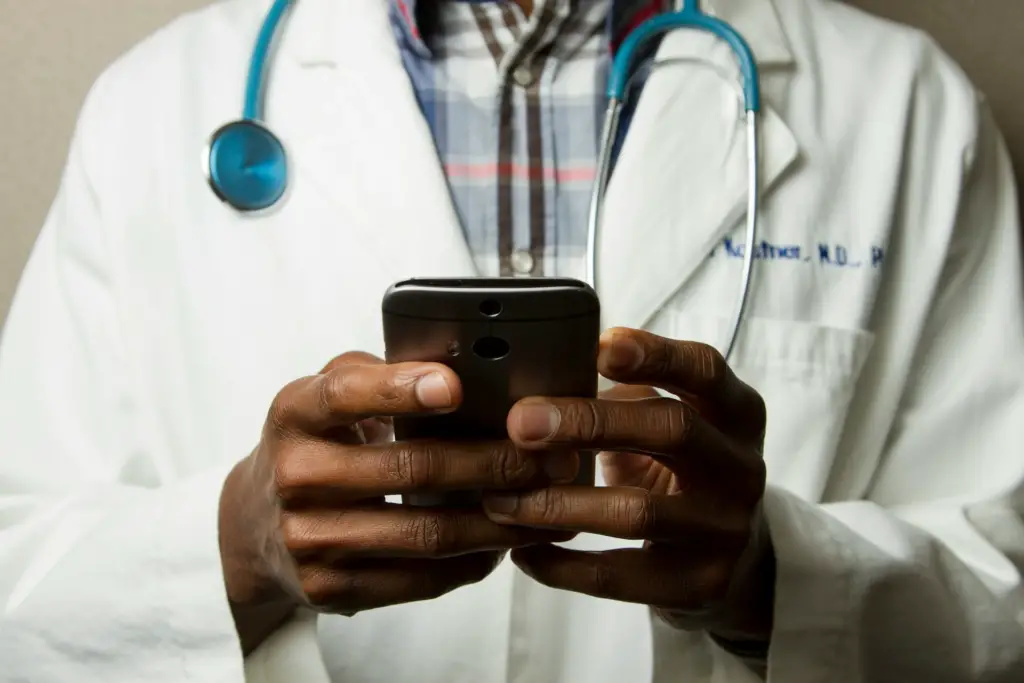
The healthcare enterprise is continuously converting, and packaging is critical to making sure the security and effectiveness of scientific resources. Regarding healthcare packaging, Radio Frequency Identification (RFID) has changed things in recent years. RFID in healthcare is a powerful device for monitoring and handling clinical items across the delivery chain. It does this by embedding tiny tags with digital data within containers. This blog explores the five main ways RFID changes healthcare packaging and opens the door to a transparent, efficient, and safe healthcare environment.
1. Enhanced Patient Safety
Counterfeit medications seriously threaten the safety of patients. Since traditional barcodes are easily copied, it might be difficult to distinguish between authentic and counterfeit drugs. RFID technology provides a reliable answer. Embedded RFID tags enable real-time authenticity checking by storing distinct product identifiers. Medical professionals can scan these tags when they receive medications to ensure the drugs are authentic and unadulterated.
RFID also makes it easier to manage recalls effectively in case of product flaws or safety issues. Targeted recalls are made possible by locating particular batches along the supply chain, reducing the possibility of patient injury. This fine-grained tracking ability also assists in determining the underlying cause of difficulties in the production or distribution process, averting the recurrence of those issues in the future.
2. Improved Inventory Management
Accurately maintaining inventory levels of critical scientific components is a not-unusual challenge for hospitals and clinics. Manual stock checks are hard work-intensive and at risk of errors. RFID tags save the day by providing instantaneous visibility into stock levels. A central database automatically updates the location and quantity of tagged objects moving through the supply chain. This gives healthcare organizations the ability to:
Optimize ordering: Healthcare providers can reduce the risk of overstocking or stockouts by placing exact orders based on precise usage and stock level data. This can avert urgent shortages and result in considerable procurement cost reductions.
Minimize waste: One of the primary troubles in healthcare settings is expired prescription drugs. RFID tags can display expiration dates and notify employees when products expire. This feature enables prompt stock rotation and reduces the possibility of patients receiving expired prescriptions.
Simplify restocking: RFID-capable systems can send out notifications automatically when stock levels drop below a set point, which triggers prompt restocking to keep supplies flowing
3. Streamlined Logistics and Distribution
Medical supplies must be delivered on schedule, particularly in emergencies. RFID technology facilitates optimizing distribution and logistics procedures in the healthcare supply chain. How to do it is as follows:
Better tracking: RFID tags allow shipments to be tracked in real-time, giving essential information about the shipments’ position and anticipated arrival time. This makes it possible for medical professionals to effectively schedule the delivery of necessary supplies and guarantee their availability for patient care.
Enhanced efficiency: By automating data collecting and minimizing manual paperwork, RFID tags enable faster and more accurate shipping procedures. This can speed up the supply of necessary medical supplies and drastically cut down on processing times.
Decreased mistakes: Manual data entry errors frequently result in delays and interruptions in traditional logistics. RFID technology removes this danger by automatically gathering precise data and guaranteeing the seamless movement of medical products across the supply chain.
4. Increased Transparency and Traceability
Reliability and transparency are essential components of a robust healthcare system. RFID technology makes it possible to follow a medical product’s complete lifecycle, from production to patient administration. This offers insightful information about the following:
Provenance: Healthcare professionals may quickly determine a product’s origin and manufacturing history by scanning its RFID tag. When it comes to product recalls or adverse event investigations, this information may be essential.
Temperature and Environmental Factors: Certain drugs must be transported and stored in environments with a specific humidity level or temperature. Sensors can be added to RFID tags to track these characteristics along the supply chain. This guarantees the preservation of delicate medical items’ efficacy and integrity.
Respect for Regulations: Strict guidelines control how medical supplies are handled and stored. By offering a traceable audit trail, RFID data enables healthcare organizations to guarantee patient safety and prove compliance with legislation.
5. Empowering Patients with Information and Engagement
Patient-focused healthcare is the manner of the future. RFID technology can empower patients with giving them access to pertinent remedy data. Patients can attain statistics using smartphones to test an RFID tag on a pharmaceutical container.
Dose guidelines: RFID tags can report comprehensive drug records of dose tips, possible detrimental consequences, and drug interactions. Patients are then more geared up to take their capsules as prescribed and make knowledgeable healthcare decisions.
Authentication and Anti-Counterfeiting: Smartphone apps may be advanced to permit sufferers to confirm the authenticity of their medicinal drugs using RFID tags. This can lessen anxiety and forestall human beings from accidentally taking fake medications.
Medication Adherence: RFID-enabled tablet bottles can track when a medication box is opened, assisting patients to screen their remedy adherence and identify troubles.
The Road Ahead
By integrating the RFID, the healthcare sector may additionally set the path for a safer, extra-powerful, and affected person-targeted healthcare environment. RFID can completely exchange healthcare packaging and enhance affected person care as the knowledge develops and integration troubles are resolved.










